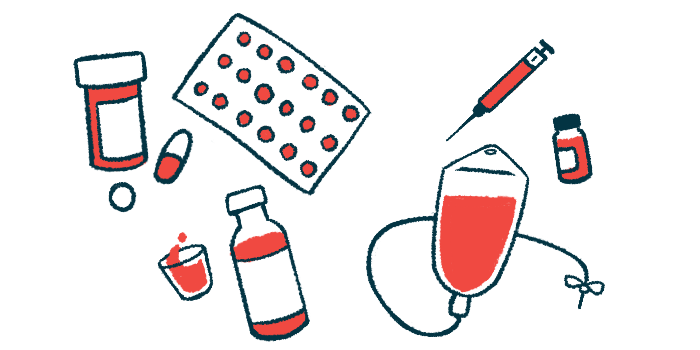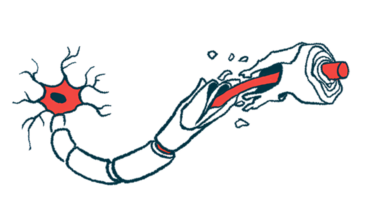Tysabri biosimilar Tyruko now available in Germany for RRMS
Therapy was approved by European Commission last year

Tyruko (natalizumab), the first biosimilar of Tysabri, is now available in Germany for adults with highly active relapsing-remitting multiple sclerosis (RRMS).
As a biosimilar, Tyruko has the same safety and efficacy profile, mechanism of action, and pharmacological properties as Tysabri. Biosimilars are typically sold at lower prices than their reference medication, as generally occurs for generic medications.
Tyruko became available in Germany, Feb. 1, following its approval by the European Commision last year. Tyruko was developed by Polpharma Biologics, but is marketed by Sandoz, a subsidiary of Novartis that specializes in biosimilar medications.
“Early treatment with disease-modifying therapies can have a significant impact on people living with multiple sclerosis and their potential future disabilities. As the first and only biosimilar in this space, the availability of Tyruko is a crucial milestone in improving access to effective and safe therapies for those in Europe that need them most,” said Rebecca Guntern, president of Sandoz in Europe, in a company press release.
Benefits of lower cost biosimilars like Tyruko
Disease-modifying therapies (DMTs) have been shown to reduce disease activity and disability progression in people with multiple sclerosis (MS), especially when high efficacy therapies are administered early in the disease course.
Their high costs often prevent patients from accessing highly effective DMTs, however. It’s estimated that only one in every five MS patients in Europe can access these therapies and their access is even more limited in Eastern Europe, where roughtly 3-4% of patients are estimated to use them.
Because they’re sold at lower prices than the reference medication, biosimilars and generics should improve access to these drugs.
Tysabri, developed by Biogen, is designed to reduce damage to the myelin sheath, a protective cover around nerve fibers that’s targeted by the immune system in MS, by preventing immune cells from reaching the brain and spinal cord. It does that by targeting a protein at the surface of immune cells that’s needed for them to leave the bloodstream and enter the brain.
The medication is approved in the U.S. for adults with relapsing forms of the disease, including clinically isolated syndrome (CIS), RRMS, and active secondary progressive MS (SPMS). In Europe, its indication includes only people with RRMS with highly active disease.
Tyruko has gained approval in EU-member countries for the same indication as Tysabri. That approval was based on data from a Phase 1 trial and the Antelope Phase 3 clinical trial (NCT04115488), which both confirmed no meaningful differences between the biosimilar and Tysabri.
In the Antelope trial, 265 RRMS patients were randomly assigned to either Tyruko or Tysabri, infused monthly for about a year at 300 mg. The safety and efficacy profiles were similar for both drugs, with patients in each group having a comparable number of lesions, relapse rates, and disability progression events, and a similar frequency of side effects.







